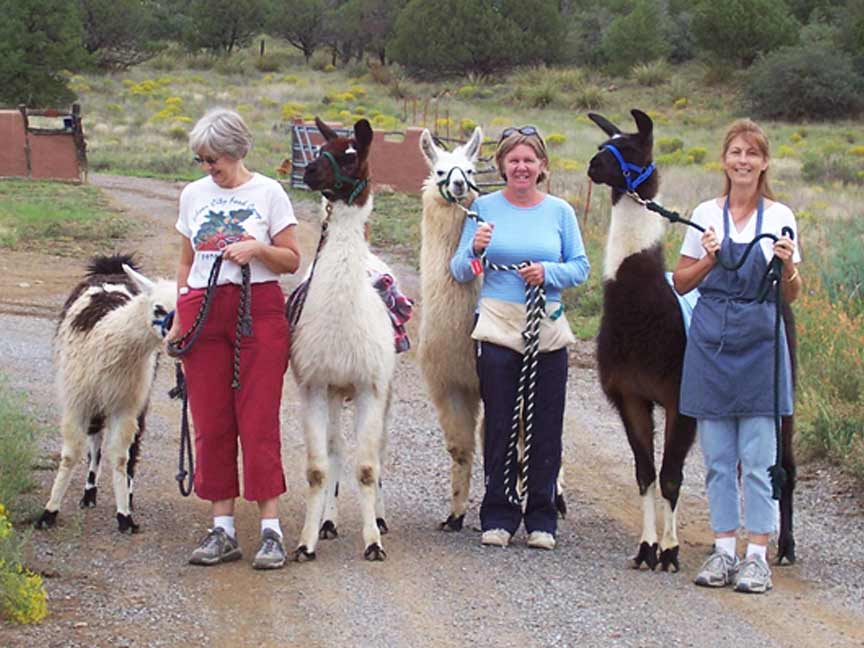Llama Rescue Questions

Southwest Llama Rescue, Inc (SWLR) is a 501(c)3 non-profit organization of volunteers from central and western states. SWLR is completely reliant on volunteers to assist the llama/alpaca(s) or their owners who may be in need of resources.
Mission Statement: To provide safe refuge for unwanted, neglected or abandoned llamas and alpacas through intervention, education and necessary support. To seek placement and lifelong care for all llamas entrusted to our care.
Adoption: When llamas/alpacas come into the care of SWLR, they are given a health check, vaccinated, dewormed, shorn, and toenails cut. They then go to one of our SWLR foster farms where they are prepared for adoption into pre-screened homes. The llamas/alpacas may need training or additional care from SWLR before they can be placed in homes. Some llamas/alpacas remain with SWLR long term because of age or chronic or severe issues.
Education: The SWLR volunteers are active educators in the community. It is our hope that through sharing knowledge about llamas/alpacas and their needs, we can improve the lives of the animals and the people who love and care for them.
Fostering or Volunteering: SWLR can use more foster farms and volunteers. SWLR also needs sanctuaries for those animals that are unadoptable due to age, health or behavioral issues. If you can help, please contact us! The foster process is the same as for adoption, except you don't have to pay an adoption fee.
Contact Us: If you live in the central and western states and you want to surrender llamas or alpacas or to foster, adopt, volunteer, or donate, please contact SouthwestLlamaRescue (SWLR) at SouthwestLlamaRescue@gmail.com or www.SouthwestLlamaRescue.org or complete the form below.
If you live in the eastern states Contact Southeast Llama Rescue at www.SoutheastLlamaRescue.org.
Please fill out the form below ⇓

